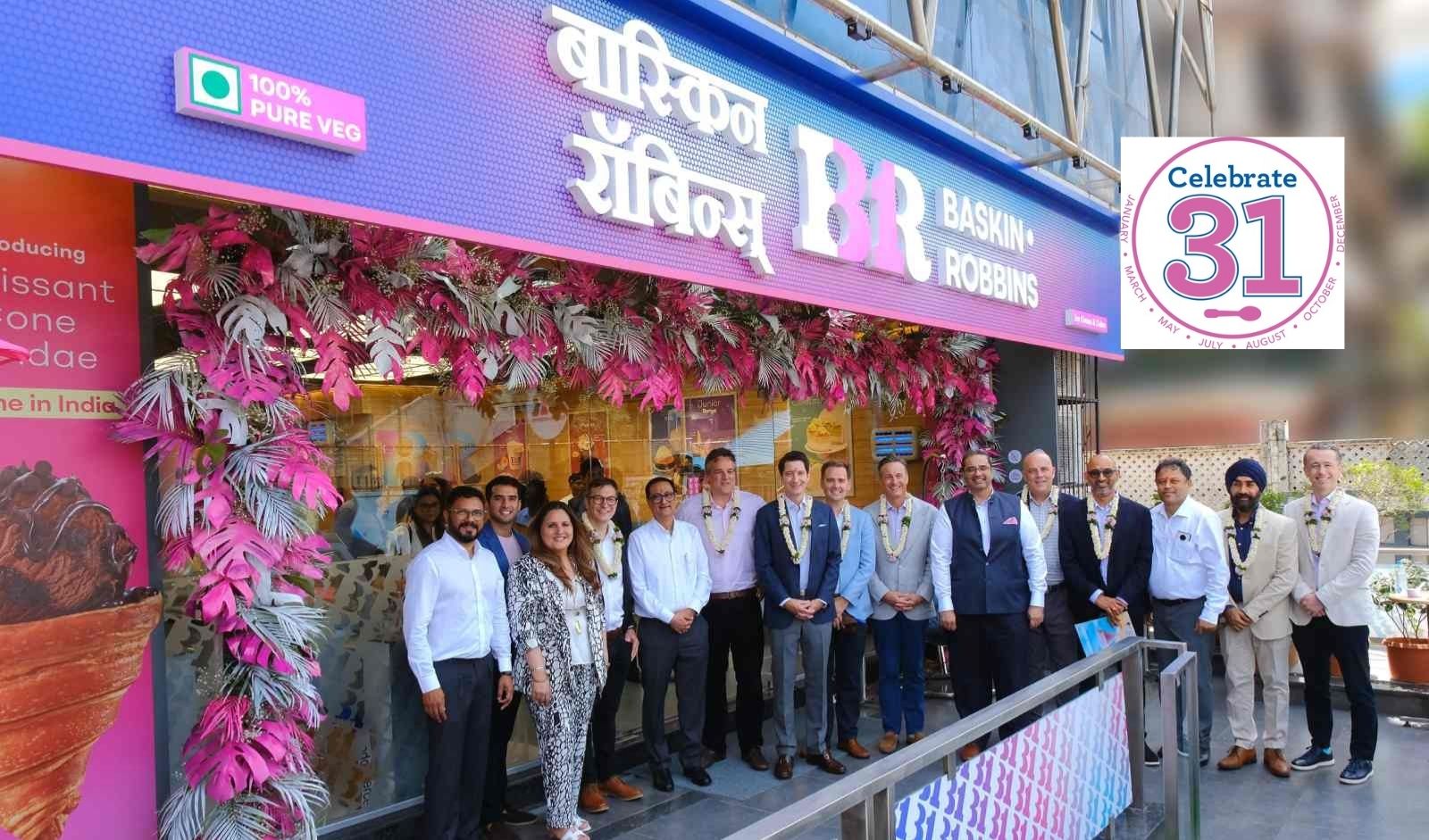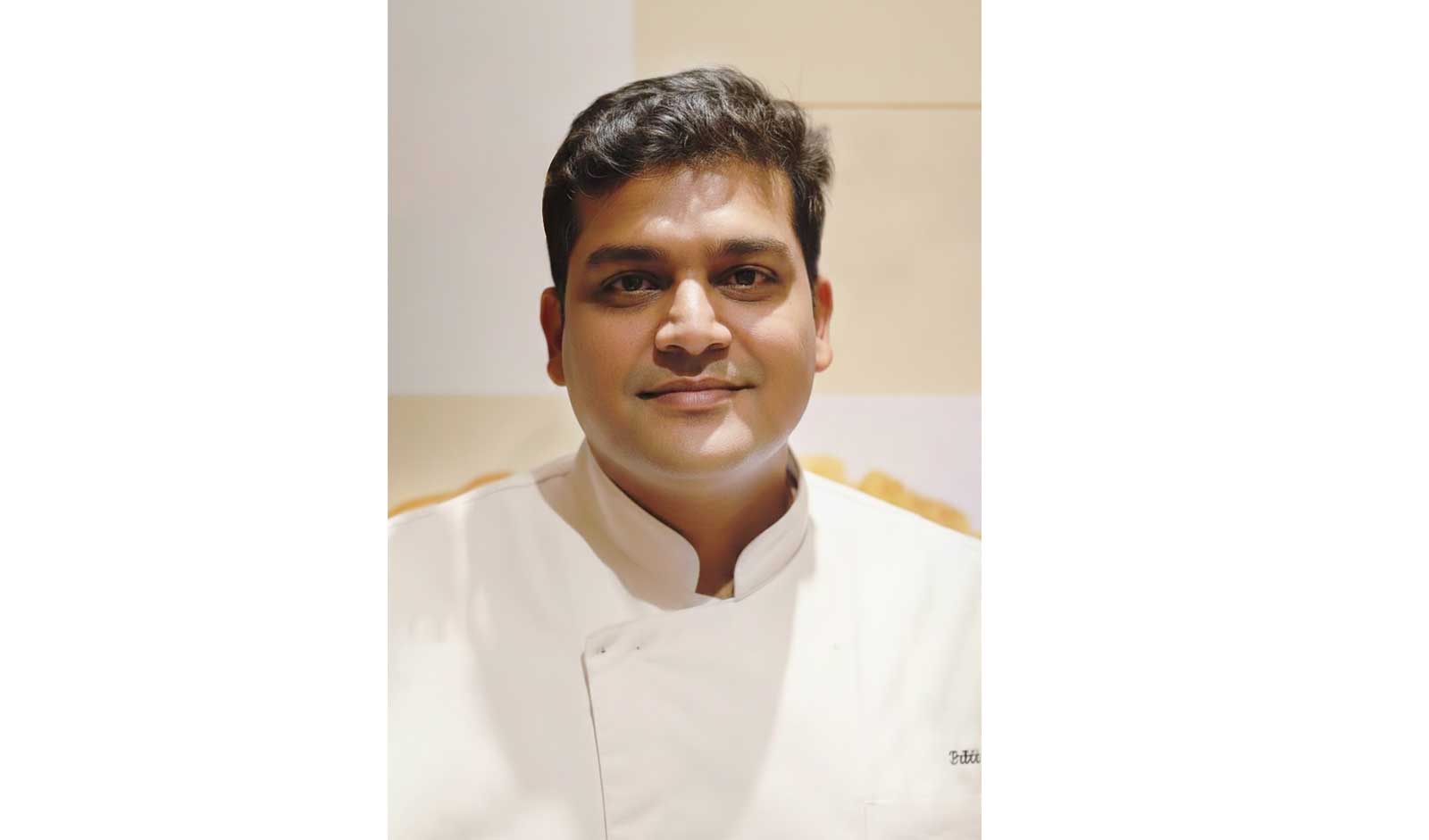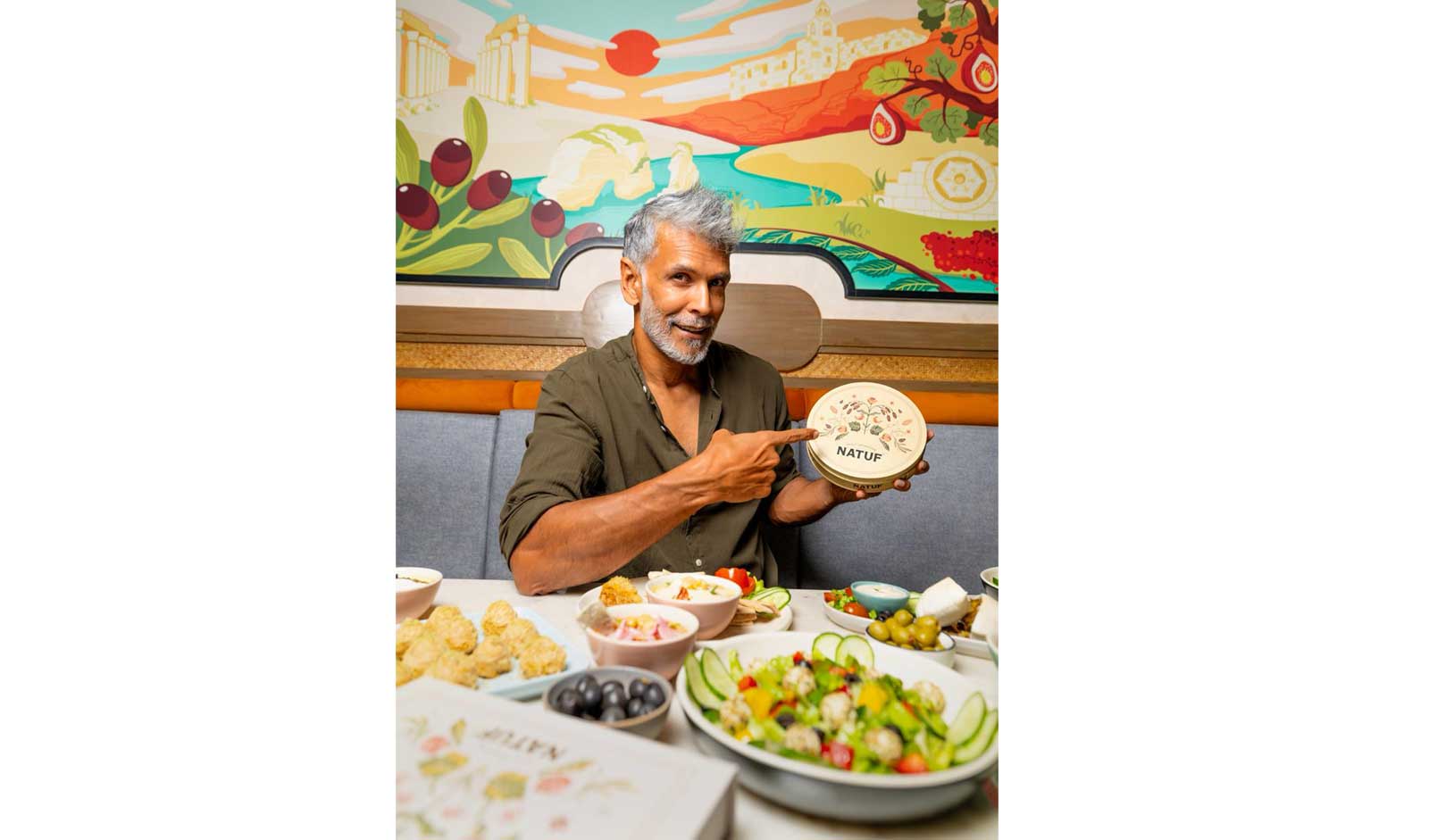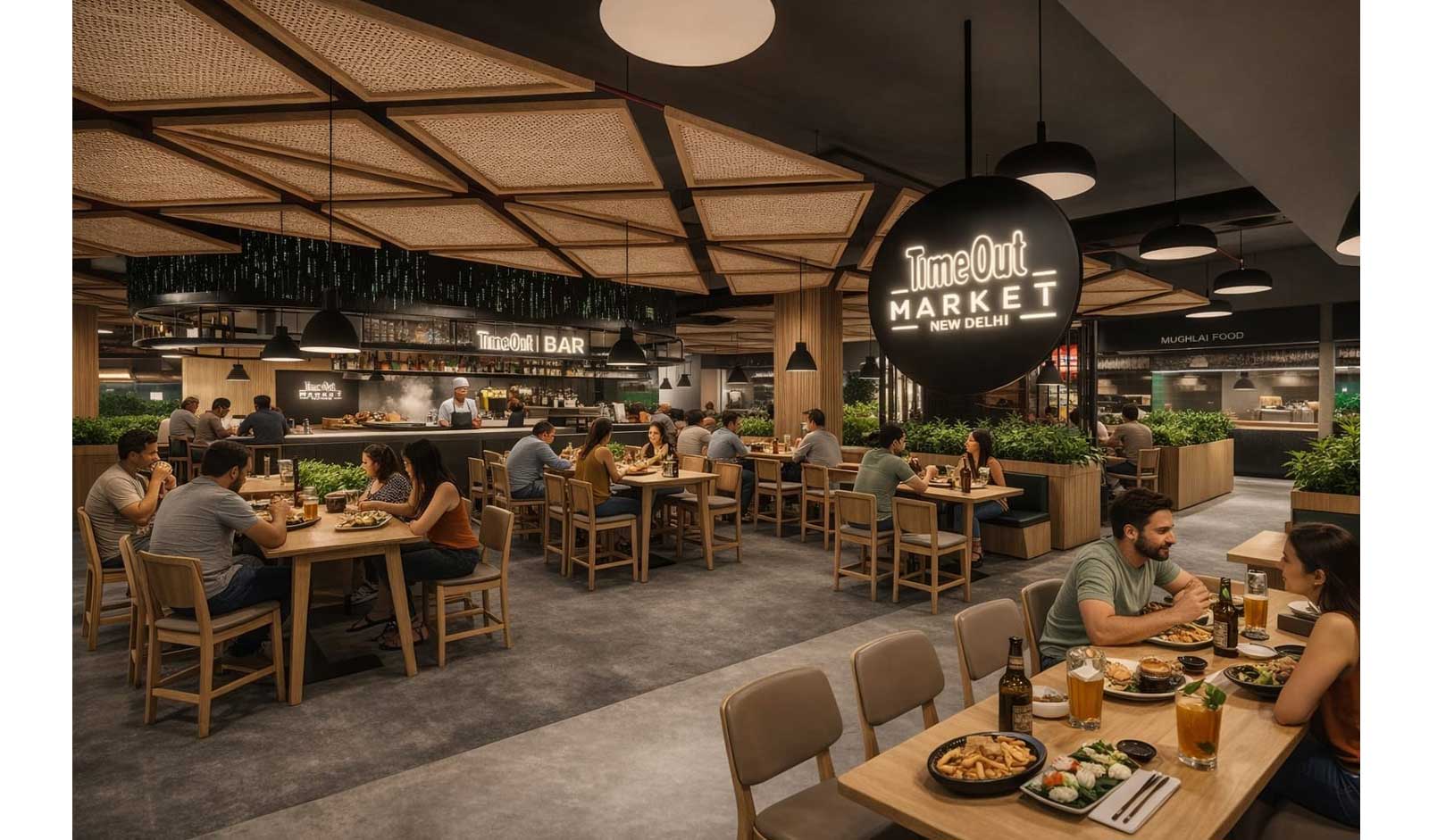
Baskin Robbins, the American ice cream and dessert brand that operates the largest QSR ice cream chain in India, is again offering its 31 percent discount on the 31st of the month. The offer is available across parlours nationwide and has become a regular calendar event for the brand in India.
The concept of 31 percent off is linked to the company’s long-standing “31 flavours” idea, originally designed to give customers a different flavour for each day of the month. The promotion was first introduced internationally during Baskin Robbins’ 70th anniversary to highlight its variety. Over the years, the offer has evolved into a monthly feature for customers and was later adopted in India.
Today, with more than 1,000 parlours in India, Baskin Robbins has made this offer a part of its recurring engagement strategy. Popular items such as Mississippi Mud, Cotton Candy, and limited-edition flavours are included in the offer, covering sundaes, scoops, and shakes.
“The 31% Off on 31st isn’t just an offer—it’s a brand ritual rooted in joy, nostalgia and the simple magic of flavours,” said Aleesha Desai, General Manager – Marketing, Baskin Robbins India. “It’s one of the longest-running promotions for the brand, globally and in India, and reflects how a simple idea, when done consistently, can become a symbol of loyalty and love. Through this, we stay true to our heritage while continuing to delight a new generation of dessert explorers.”
The brand sees this offer as an important touchpoint for maintaining loyalty while appealing to both long-time and new customers. It also underscores Baskin Robbins’ approach of using brand heritage as a base for modern retail engagement.
Copyright © 2009 - 2026 Restaurant India.








